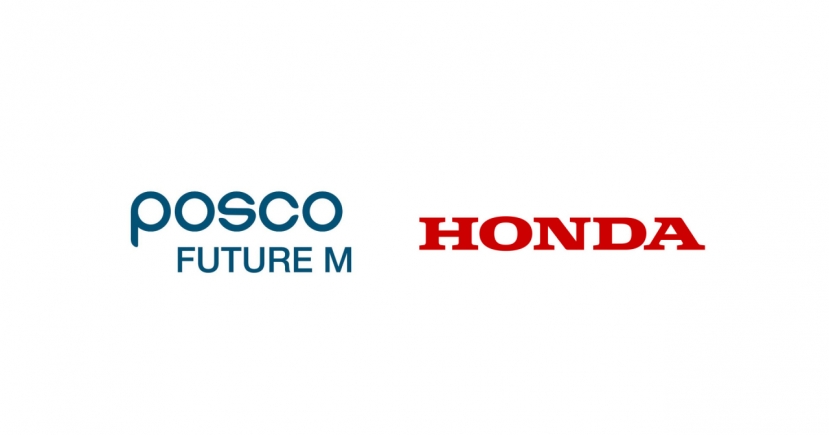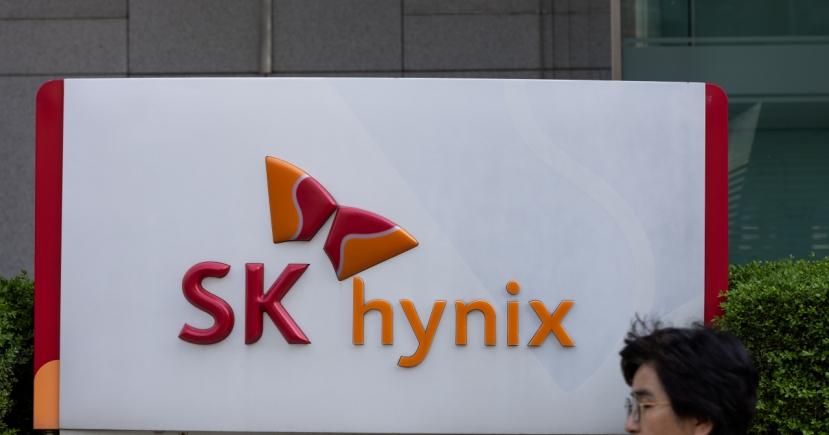Market Now
Only 15% of Kospi firms pursue ESG management: survey
 |
(123rf) |
Despite industrywide efforts to promote sustainable corporate management through environmental, social and governance aspects, many South Korean companies appear to be struggling to integrate the values into their businesses, a survey suggested Oct. 20.
Only 123 companies, or 15 percent of all Kospi-listed firms, have established committees to deal with ESG issues, according to the survey conducted by CEO Score, a local corporate tracker.
Most of the ESG management committees included chief executive officers as members, but only eight firms, including GS Engineering & Construction, Kakao and Daishin Securities, have ownership family members sitting on the committees, the data showed.
The Kospi-listed companies’ recent moves come after financial authorities announced a plan to reinforce corporations’ efforts in sustainable management. Firms listed on the main board with assets over 2 trillion won ($1.7 billion) will be required to publish sustainability reports from 2025. Starting in 2030, the obligation will extend to all Kospi-listed companies.
A growing number of local companies have been paying keen attention to ESG-oriented business in the midst of the COVID-19 pandemic. They have raised awareness on sustainable corporate management, but outcomes are still lacking due to uncertain ESG standards.
Small and medium-sized enterprises here are facing more severe difficulties to incorporate ESG management amid insufficient funds and workforce shortage, a separate survey showed.
According to the Korea Federation of Small and Medium Business, or KBIZ, which conducted a poll of 300 small and medium-sized enterprises in August and September, 89.4 percent of them said they are not ready to introduce ESG-centered management under the current circumstances.
Although 53.3 percent of respondents in the survey said it is necessary to ramp up efforts to implement ESG management, just 12 percent of the respondents also said partner companies had asked them to evaluate their levels of ESG management. Most of those making the demands were conglomerates and foreign clients and the results affect their business deals, they said.
“When it comes to ESG management, the majority of local small and medium-sized firms’ resources are very limited. The government is also discussing how to support the companies when they put forth efforts to carry out ESG factors to corporate managements,” said Lee Ho-young, a business professor at Yonsei University. “More time is required for them to revitalize ESG-oriented business conditions.”
The professor also noted that it is essential for companies of all sizes to work together as a social community in order to truly fulfill sustainable management in light of ESG principles. Otherwise, the concept may soon disappear as a fad.
KBIZ also suggested the government to break down fair trade measures on its envisioned ESG index for SMEs. Conglomerates need to further promote values of coexistence with partner companies as well, it added.
By Jie Ye-eun (yeeun@heraldcorp.com)








